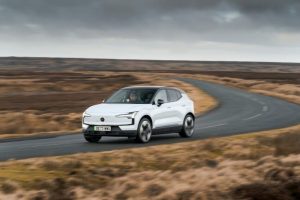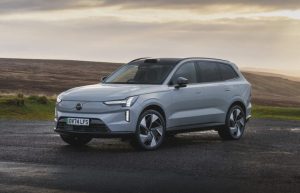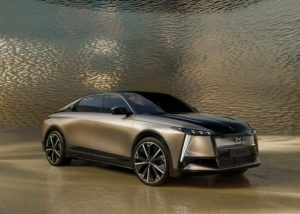Volkswagen Commercial Vehicles released survey findings showing three out of four van drivers now consider electric models suitable for their operations – a significant jump from two-thirds just one year ago.
The research found 75% of drivers felt an electric van would fit their business needs, up from 67% in 2023.
Lower running costs emerged as the primary driver behind this shift. Nearly two-thirds of respondents cited reduced operating expenses as the key incentive for switching to electric.
Volkswagen estimates operators charging at home on EV tariffs could save more than £540 annually on fuel costs alone.
Sustainability credentials and expanding vehicle choices also influenced driver attitudes toward electrification. More than a third said the broader range of available electric vans helped convince them to consider the switch.
The survey revealed 69% of operators without electric vans expect to add one to their fleet this year.
“It’s encouraging to see van drivers embracing the transition to electric, with the majority now recognising the ways in which EVs can support their day-to-day businesses,” said Craig Cavanagh, national fleet manager at Volkswagen Commercial Vehicles.
Cavanagh highlighted the company’s expanding electric lineup, including the new eTransporter and entry-level ID. Buzz variants, alongside improved partnerships supporting customer electrification efforts.
Market Reality vs. Targets
Electric van sales continue falling short of government targets despite recent growth momentum.
The Society of Motor Manufacturers and Traders reports electric vans currently represent 8.8% of new vehicle sales – well below the 16% threshold established under the ZEV mandate.
Sales have shown strong growth patterns, with eight consecutive months of increases delivering a 50% year-on-year boost.
Key barriers remain for business adoption. The Volkswagen study found charging time concerns affected 49% of potential buyers, while electric range limitations worried 43% of operators.
These infrastructure and capability concerns suggest the gap between driver interest and actual adoption reflects practical operational challenges rather than fundamental resistance to electric technology.
The data indicates commercial fleet electrification depends heavily on addressing charging infrastructure and range anxiety – issues that continue limiting widespread business adoption despite growing financial and environmental incentives.





